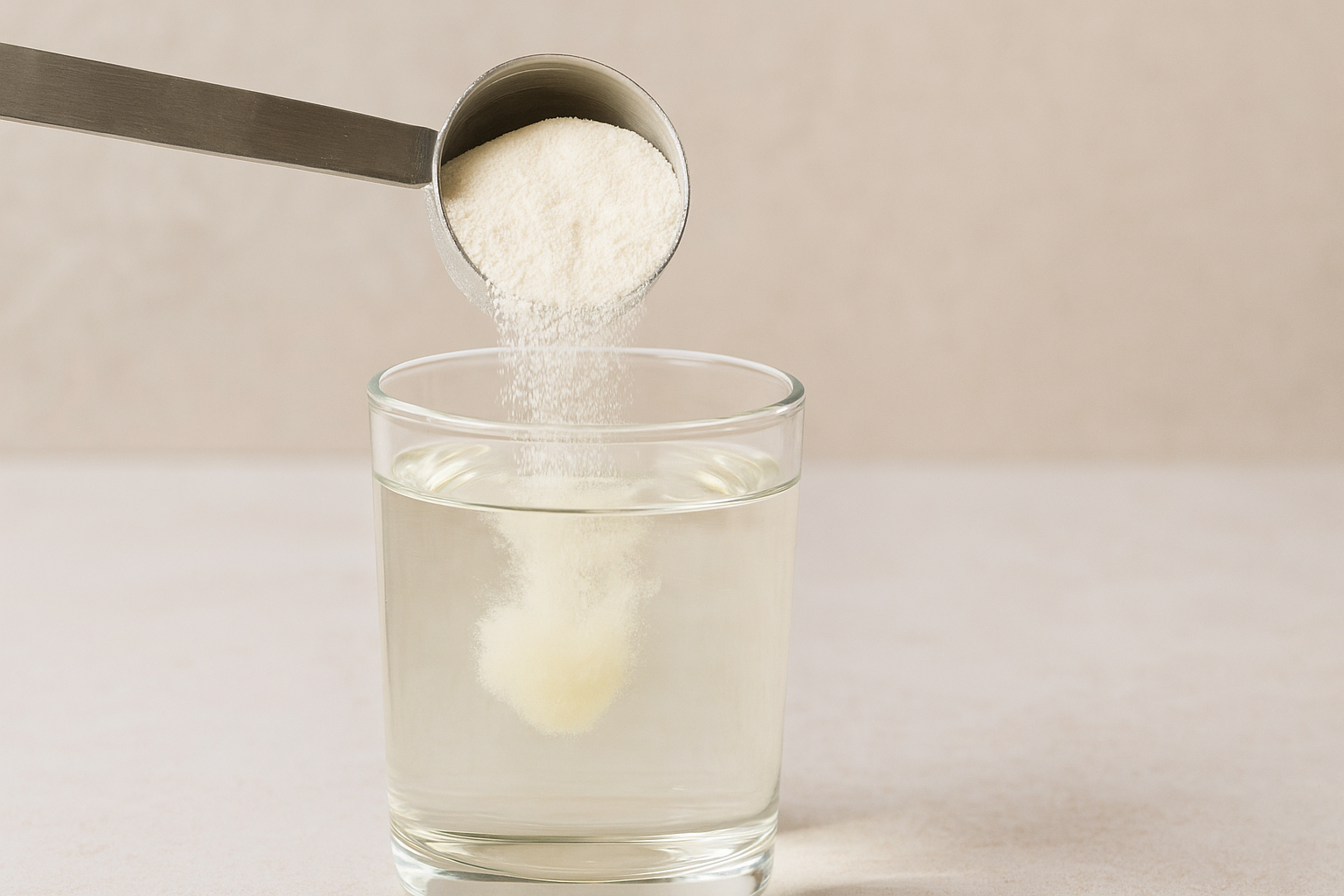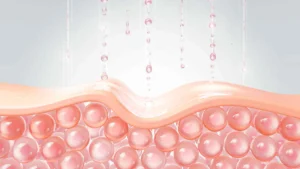Glowing, youthful skin isn’t just about what you apply externally—it’s also deeply influenced by what you nourish your body with internally. While serums, creams, and masks can support the surface, true skin health often starts within.
This is where skin health supplements come into play. From collagen powders to antioxidant capsules, supplements are designed to provide the nutrients your skin needs to stay firm, hydrated, and resilient.
In this article, we’ll dive into all about skin health supplements—what they are, how they work, the best ingredients to look for, potential side effects, and how to choose the right option for your skin goals.
Why Skin Health Supplements Matter
Your skin is the largest organ of your body, and it constantly battles pollution, UV radiation, stress, and the effects of aging.
While a balanced diet is the foundation of healthy skin, it isn’t always possible to get enough of the required nutrients daily.
Supplements bridge this gap by:
- Supporting collagen and elastin production (responsible for firmness and elasticity).
- Reducing oxidative stress that causes premature wrinkles.
- Enhancing hydration and barrier function.
- Aiding in the repair and regeneration of skin cells.
In short, supplements work from the inside out, complementing your topical skincare routine for holistic results.
Key Ingredients in Skin Health Supplements
1. Collagen Peptides
- Collagen makes up nearly 70% of your skin’s structure, but production declines after your mid-20s.
- Collagen supplements, usually in peptide or powder form, can help boost elasticity, reduce fine lines, and improve hydration.
- Clinical studies show that consistent intake for 8–12 weeks results in noticeable skin improvements.

Caption: Collagen peptides are among the most popular supplements for youthful skin.
2. Vitamin C
- An essential antioxidant for collagen synthesis.
- Protects skin from free radical damage caused by sun exposure and pollution.
- Helps brighten skin tone and fade hyperpigmentation.
3. Vitamin E
- Known for its moisturizing and healing properties.
- Works synergistically with Vitamin C to combat oxidative stress.
- Commonly found in soft-gel capsules for skin health.
Caption:
Vitamins C and E work together to protect skin and boost collagen naturally.
4. Hyaluronic Acid
- A powerhouse for hydration that holds up to 1,000 times its weight in water.
- Oral hyaluronic acid supplements improve skin moisture and reduce dryness-related fine lines.
Caption: Hyaluronic acid capsules with water droplets
5. Omega-3 Fatty Acids (Fish Oil or Plant-Based)
- Strengthens the skin barrier and reduces inflammation.
- Helpful for people with eczema, psoriasis, or acne-prone skin.
- Enhances suppleness and overall smoothness.
Caption: Omega-3 and zinc support skin health and reduce inflammation.
6. Zinc
- Supports wound healing and acne management.
- Prevents bacterial overgrowth and balances oil production.
- Often included in supplements for acne-prone skin.
7. Biotin (Vitamin B7)
- Popularly marketed for “hair, skin, and nails.”
- Plays a role in fatty acid synthesis, which keeps skin nourished.
- Deficiency can cause dryness, rashes, and brittleness.
Types of Skin Health Supplements
- Collagen Powders – Easy to mix with water, coffee, or smoothies. Best for anti-aging and hydration.
- Capsules/Tablets – Convenient daily doses with blends of vitamins and minerals.
- Liquid Tonics – Fast absorption and often flavored.
- Gummies – Popular for their taste and compliance, though they may contain added sugars.
Each format has pros and cons, but the effectiveness ultimately depends on consistency and formulation quality.
Who Should Take Skin Health Supplements?
- People in their late 20s and beyond who want to slow down visible signs of aging.
- Individuals with nutrient deficiencies affecting skin (like low zinc or vitamin D).
- Those with chronic skin conditions such as acne, eczema, or psoriasis (with doctor approval).
- Busy lifestyles where diet alone doesn’t meet nutrient requirements.
Possible Side Effects and Precautions
While most skin health supplements are safe when taken in recommended doses, overuse or the use of poor-quality products may cause side effects.
- Collagen: Usually safe, but some may experience digestive upset.
- Biotin: Excessive intake can interfere with lab test results.
- Fish oil (Omega-3s): May cause mild nausea or interact with blood thinners.
- Vitamin A: Over-supplementation can lead to toxicity (avoid without medical advice).
Always consult a dermatologist or healthcare provider before starting new supplements, especially if you have underlying medical conditions or are on medication.
How to Choose the Right Skin Supplement
When shopping for a skin supplement, keep these tips in mind:
- Look for clinical backing – Choose brands that cite clinical studies or trials.
- Check ingredient transparency – Avoid proprietary blends that hide dosages.
- Quality certifications – Look for GMP (Good Manufacturing Practices) or third-party testing.
- Match to your skin concern – Collagen for aging, zinc for acne, omega-3s for dryness, etc.
- Avoid unnecessary fillers – Minimize sugars, artificial colors, or allergens.
Lifestyle Synergy: Supplements + Habits
Supplements work best when combined with a healthy lifestyle. To maximize results:
- Stay hydrated with 8–10 glasses of water daily.
- Eat antioxidant-rich foods (berries, leafy greens, nuts).
- Protect skin from sun damage with sunscreen.
- Exercise regularly to improve blood circulation.
- Sleep well for natural repair and rejuvenation.
Think of supplements as the booster shot to an already balanced lifestyle, not a quick fix.
Conclusion
Skin health supplements are more than a beauty trend—they represent a science-backed approach to nourishing your skin from within. From collagen to omega-3s, these targeted nutrients help combat aging, dryness, and inflammation, giving your skin the tools it needs to thrive.
However, supplements should never replace a healthy diet, proper hydration, and daily skincare routines. The key is balance—pairing high-quality supplements with holistic habits ensures long-lasting, radiant skin health.
If you’re considering adding them to your routine, start with your skin goals, consult a professional, and choose reputable products. With patience and consistency, the results can be truly transformative.
Also read: The Holistic Guide to Wellness: Mind, Body, and Lifestyle Balance


